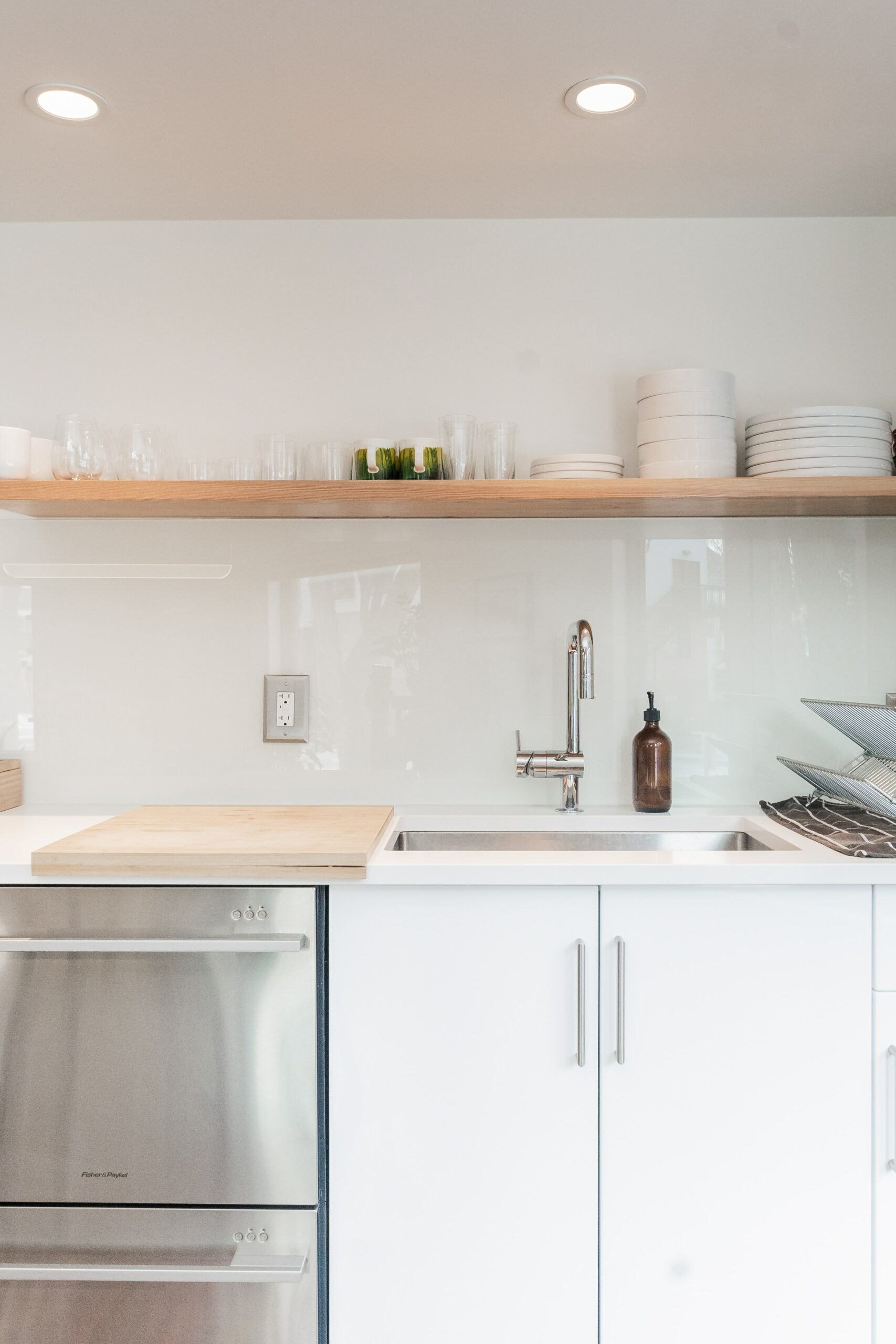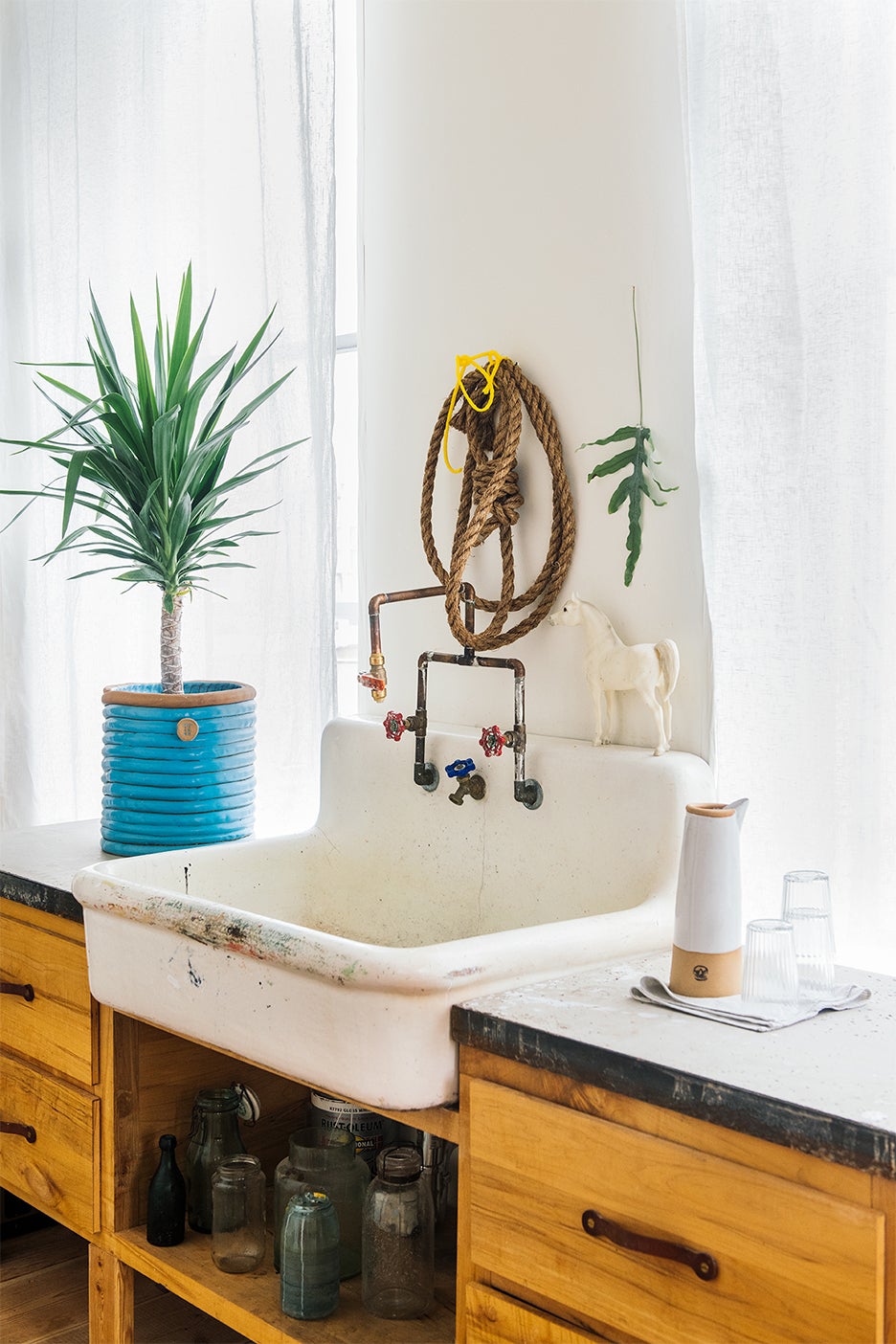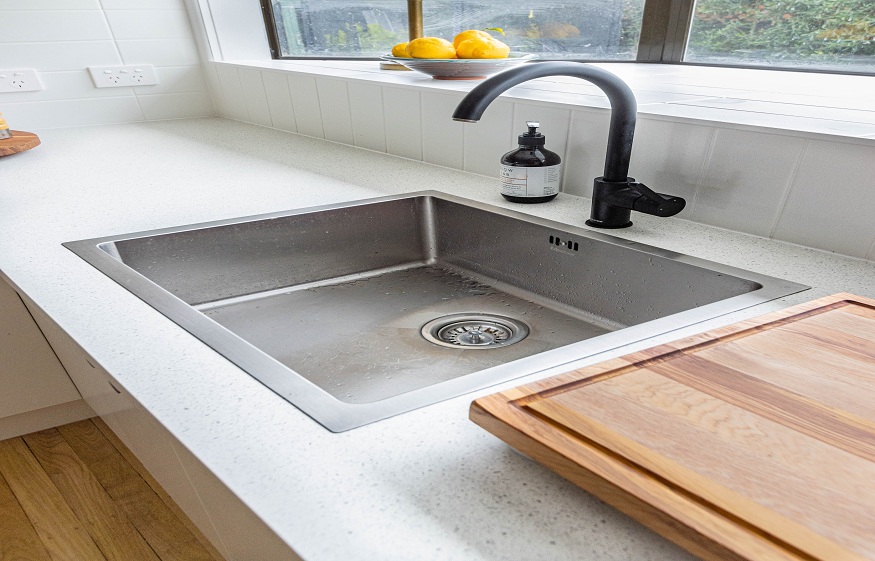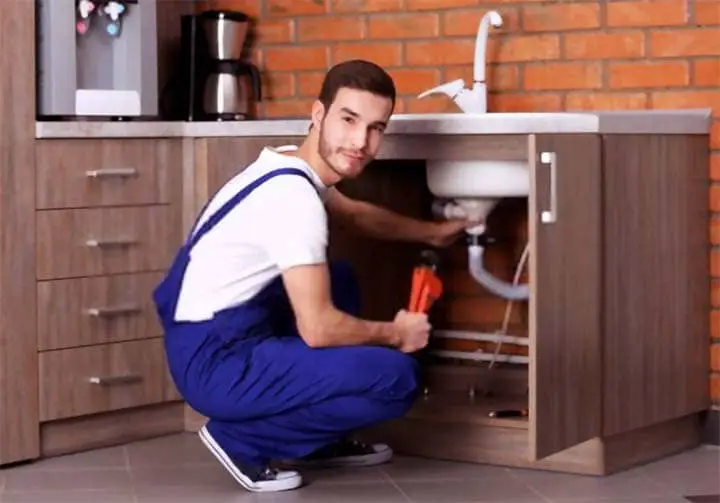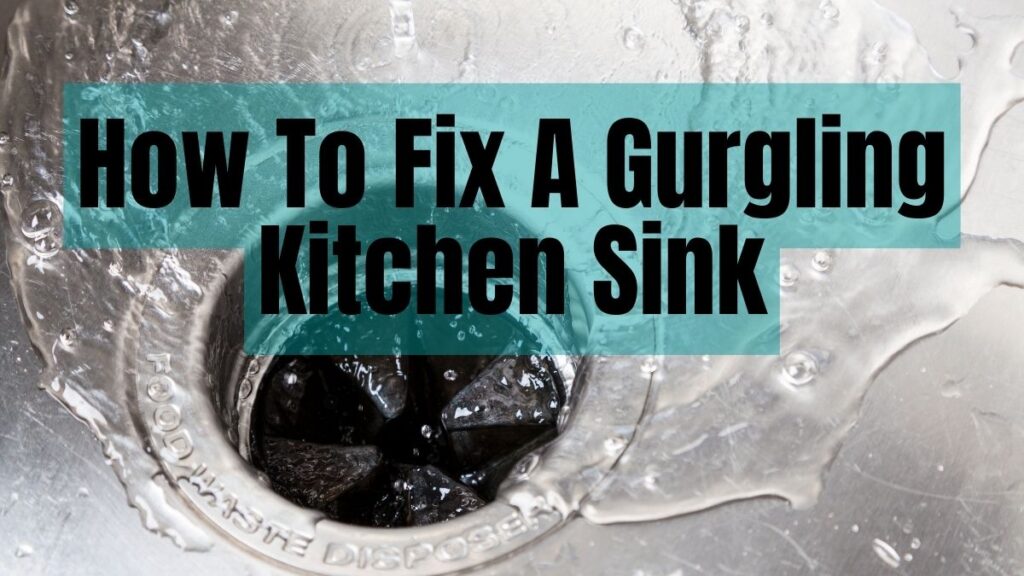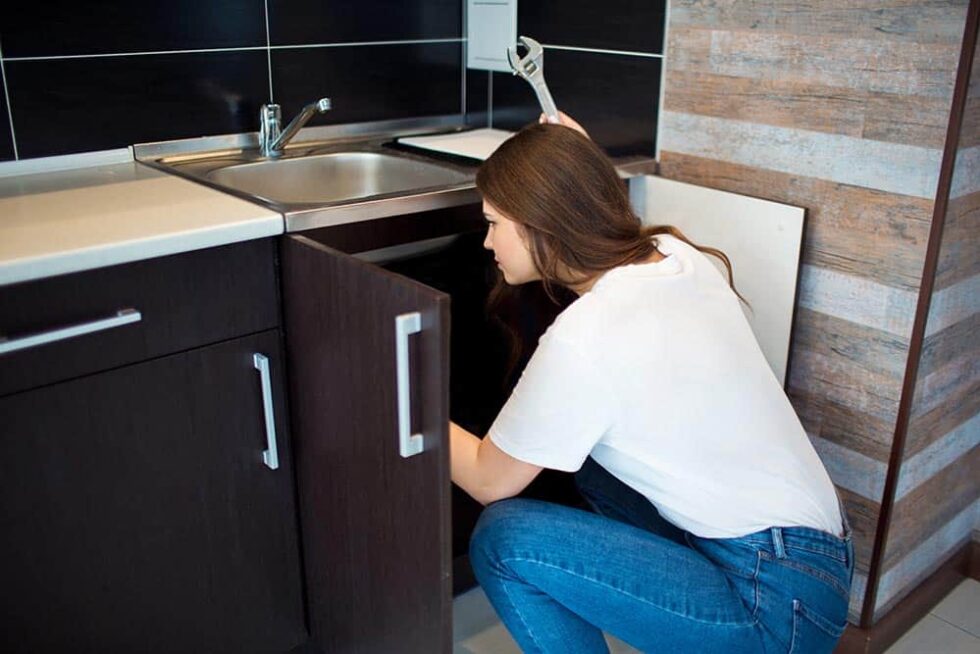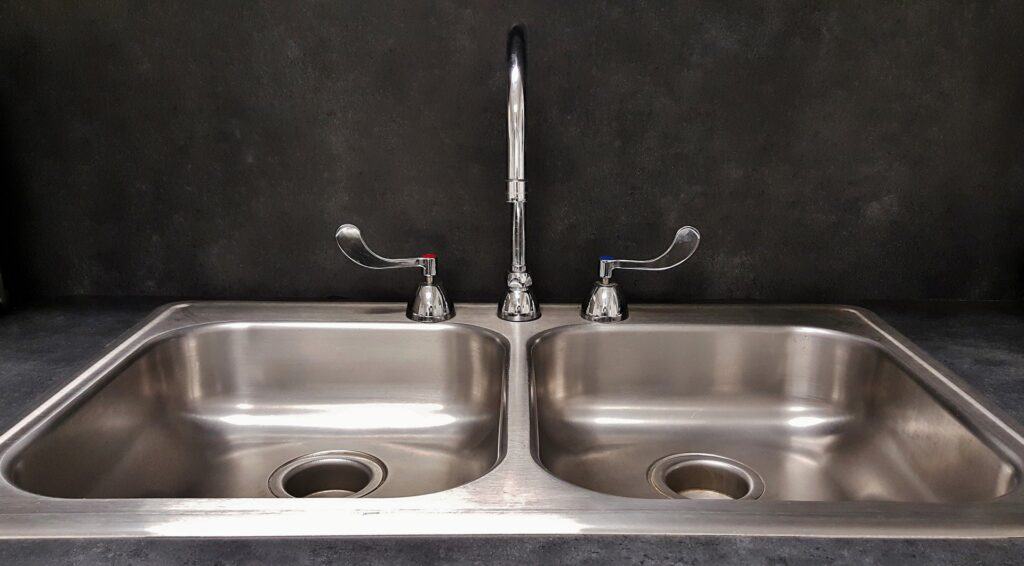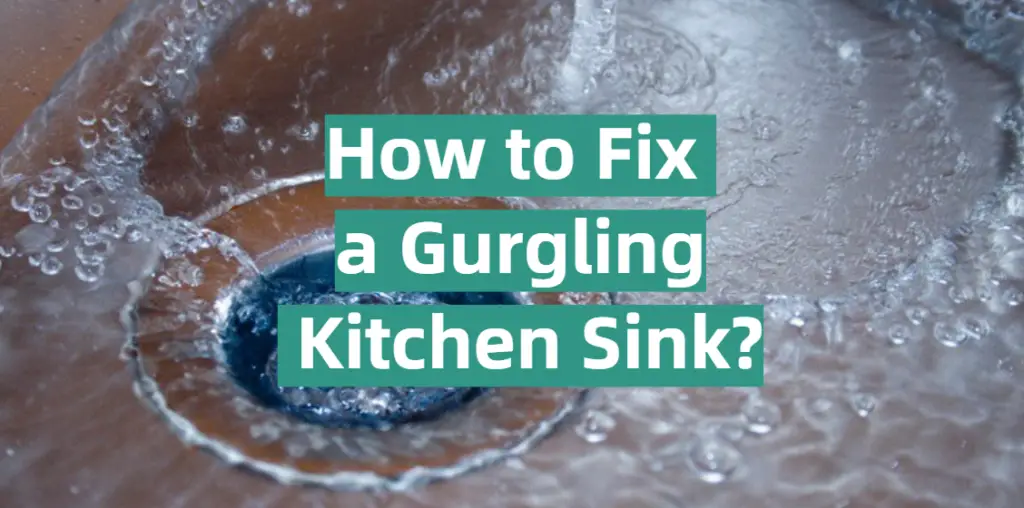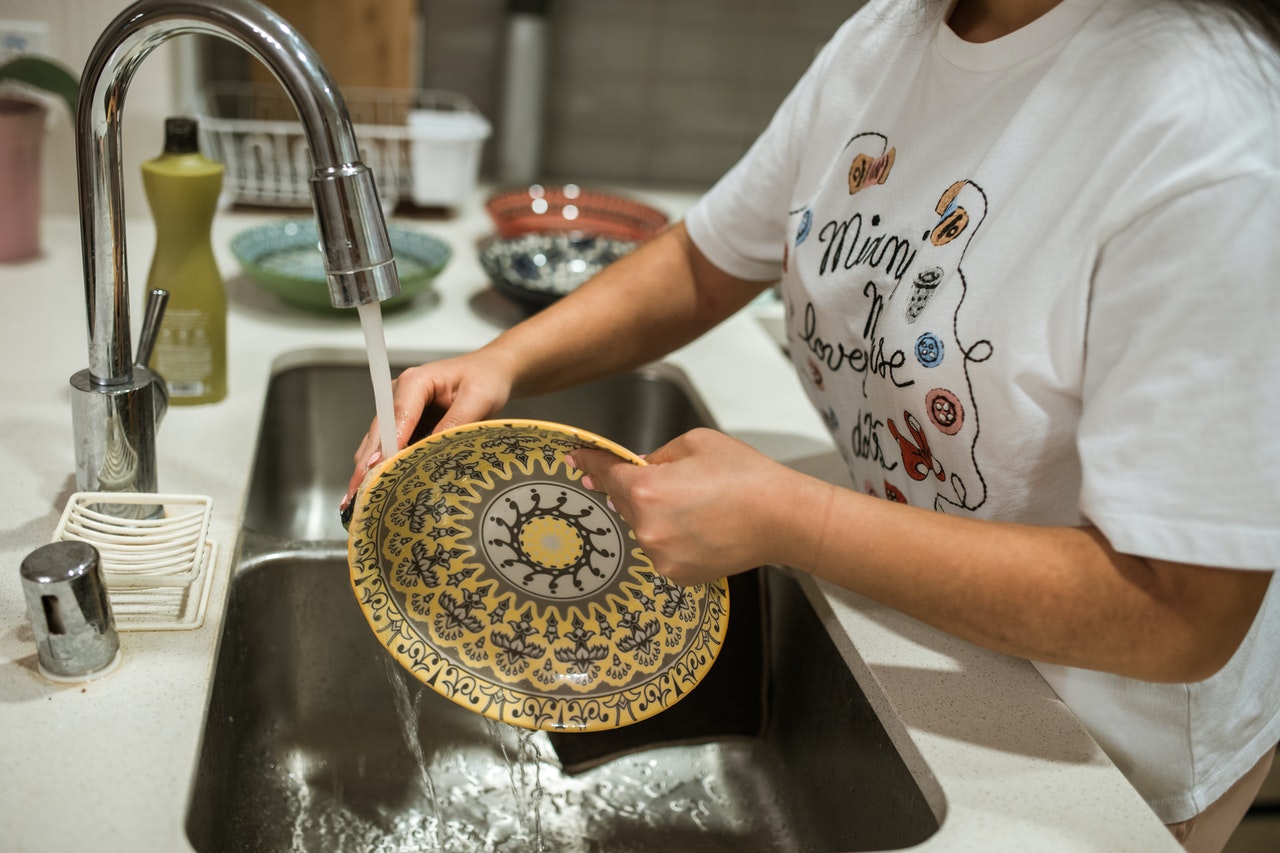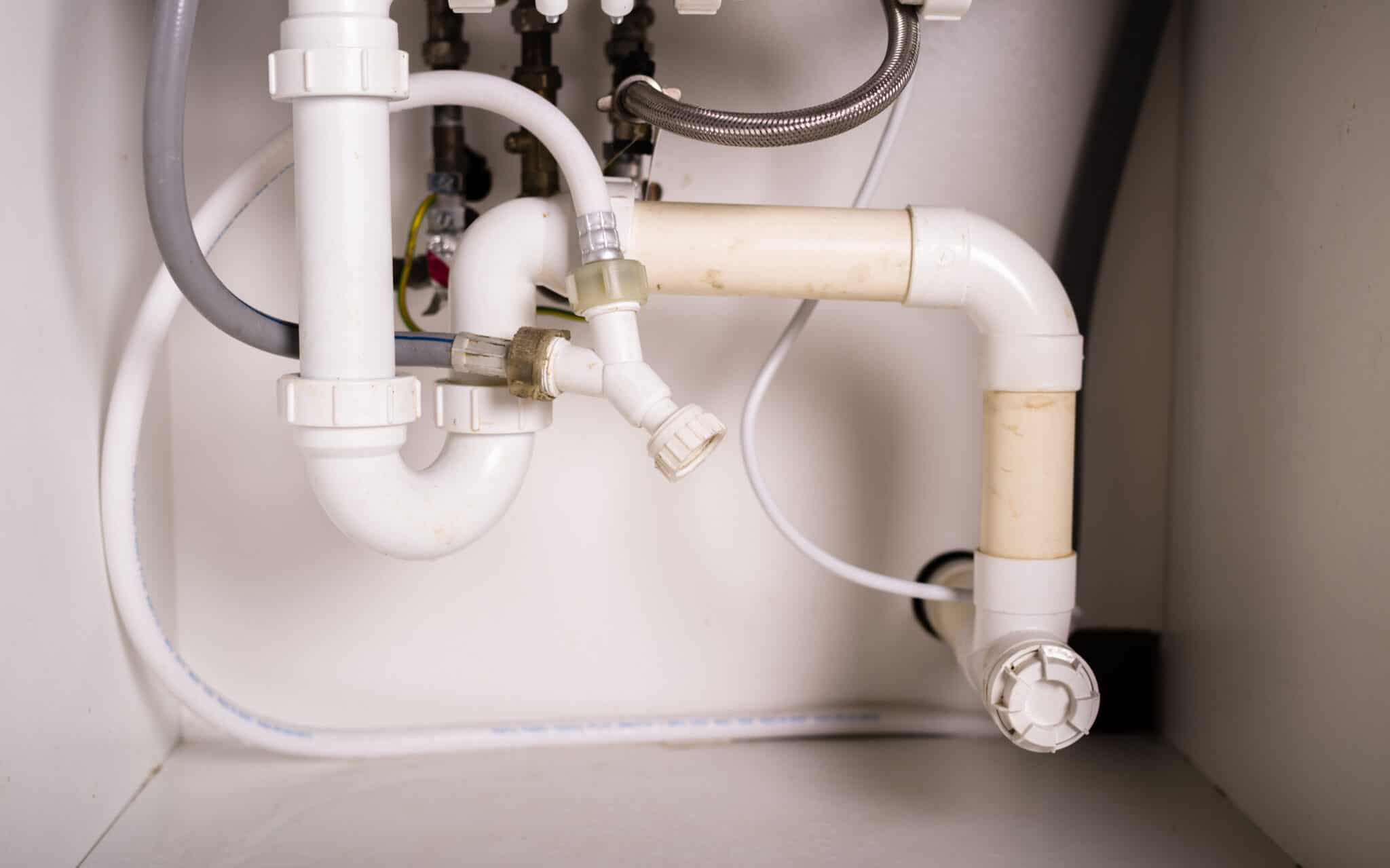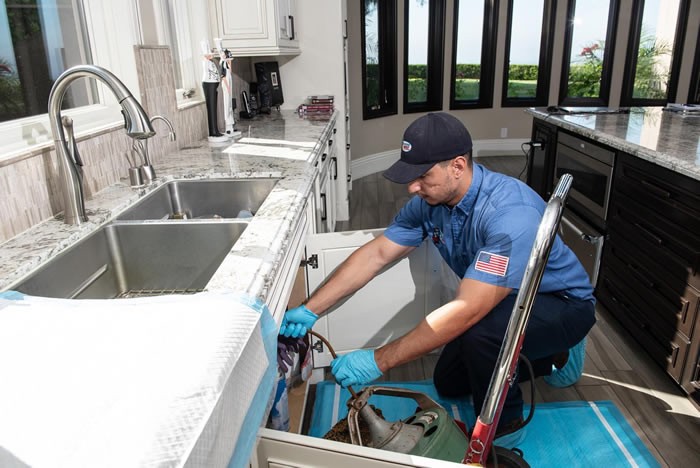Is your kitchen sink making strange gurgling noises? This can be a frustrating and unpleasant issue to deal with. Not only is it annoying, but it can also indicate a deeper problem with your plumbing system. Don't worry, though - in this article, we will cover the top 10 ways to fix a gurgling kitchen sink and get your sink running smoothly again.How to Fix a Gurgling Kitchen Sink
The first thing you should do when your kitchen sink gurgles is to check for any clogs. This is a common cause of gurgling noises and can be easily fixed. Start by removing the sink stopper and using a plunger to try and dislodge any clogs. You can also use a drain snake to reach deeper into the pipes and remove any obstructions.1. Check for Clogs
If your kitchen sink has a garbage disposal, it's important to keep it clean. A buildup of food scraps and grease can cause it to clog and make gurgling sounds. To clean your garbage disposal, pour a mixture of hot water and dish soap down the drain and turn on the disposal. You can also use ice cubes and citrus peels to freshen it up and remove any lingering odors.2. Clean the Garbage Disposal
The vent stack is a pipe that runs from your kitchen sink to the roof and allows air to flow through your plumbing system. If this pipe becomes clogged or blocked, it can cause gurgling noises in your sink. You can check the vent stack by climbing onto your roof and using a flashlight to see if there are any obstructions. If you find any, use a plumbing snake to clear them out.3. Check the Vent Stack
The P-trap is a curved pipe under your sink that traps debris and prevents it from clogging your pipes. However, this trap can also become clogged itself, causing gurgling noises. To check the P-trap, place a bucket under it and unscrew the connections. Clean out any debris and reattach the trap.4. Inspect the P-Trap
Baking soda and vinegar are natural and effective cleaners that can help unclog your kitchen sink. Pour a cup of baking soda down the drain, followed by a cup of vinegar. Let it sit for 15 minutes, then pour hot water down the drain to flush out any remaining debris.5. Use Baking Soda and Vinegar
If you're unable to clear the clog with a plunger, you may need to use a plumber's snake. This long, flexible tool can reach deep into your pipes to remove any obstructions. You can purchase a plumber's snake at your local hardware store, or you can rent one if you don't want to invest in a tool you may not use often.6. Try a Plumber's Snake
An air gap is a small device that is installed near your sink to prevent dirty water from flowing back into your dishwasher. If this device becomes clogged, it can cause your sink to gurgle. To clean the air gap, remove the cover and use a toothbrush or small brush to scrub away any debris.7. Clear the Air Gap
If all of the above methods fail to fix your gurgling sink, the problem may lie in your main sewer line. A clog or blockage in the sewer line can cause gurgling noises in your kitchen sink. You may need to call a professional plumber to inspect and clean your sewer line.8. Check the Sewer Line
In some cases, a gurgling kitchen sink may be caused by a lack of proper ventilation. If your plumbing system is not properly vented, it can create negative pressure in your pipes, leading to gurgling noises. In this case, you may need to install a ventilation system to alleviate the issue.9. Consider a Ventilation System
The Importance of Proper Plumbing in Kitchen Sink Design

When designing a kitchen, there are many important elements to consider, from the layout and appliances to the color scheme and materials. However, one aspect that is often overlooked is the plumbing for the kitchen sink. A gurgling sink may seem like a minor inconvenience, but it can actually be a sign of larger plumbing issues that can cause costly repairs and potential health hazards.
The Role of Proper Ventilation
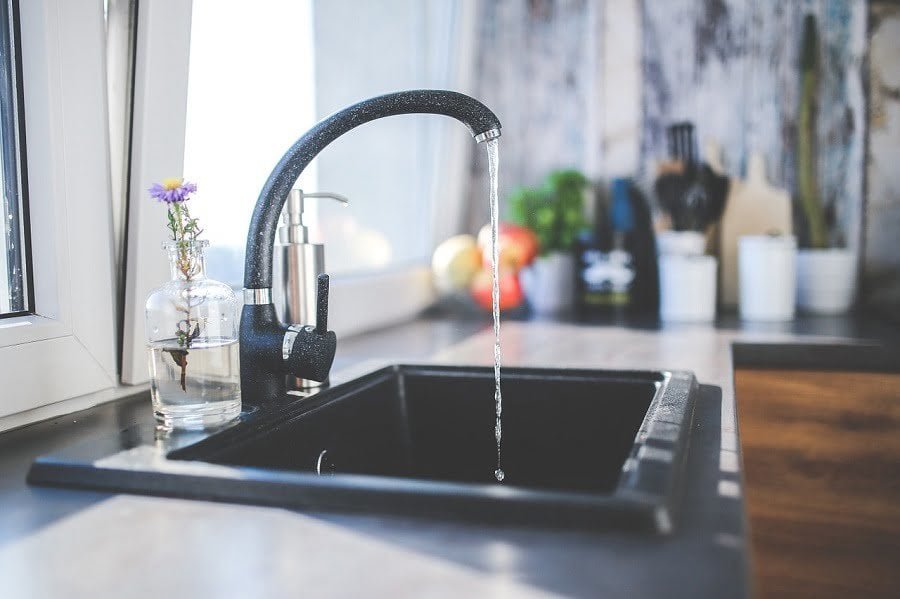
A gurgling sink is often caused by a lack of proper ventilation in the plumbing system. Without adequate ventilation, air can become trapped in the pipes, causing pressure to build up and resulting in the gurgling sound. This can also lead to slow draining and unpleasant odors in the kitchen.
Proper ventilation is crucial in any plumbing system, as it allows air to flow through the pipes and helps to prevent clogs and backups. When designing a kitchen sink, it is important to ensure that there is adequate ventilation for the plumbing system. This can be achieved through the use of vent stacks , which are vertical pipes that extend through the roof and allow air to escape from the plumbing system.
The Impact of Incorrect Slope
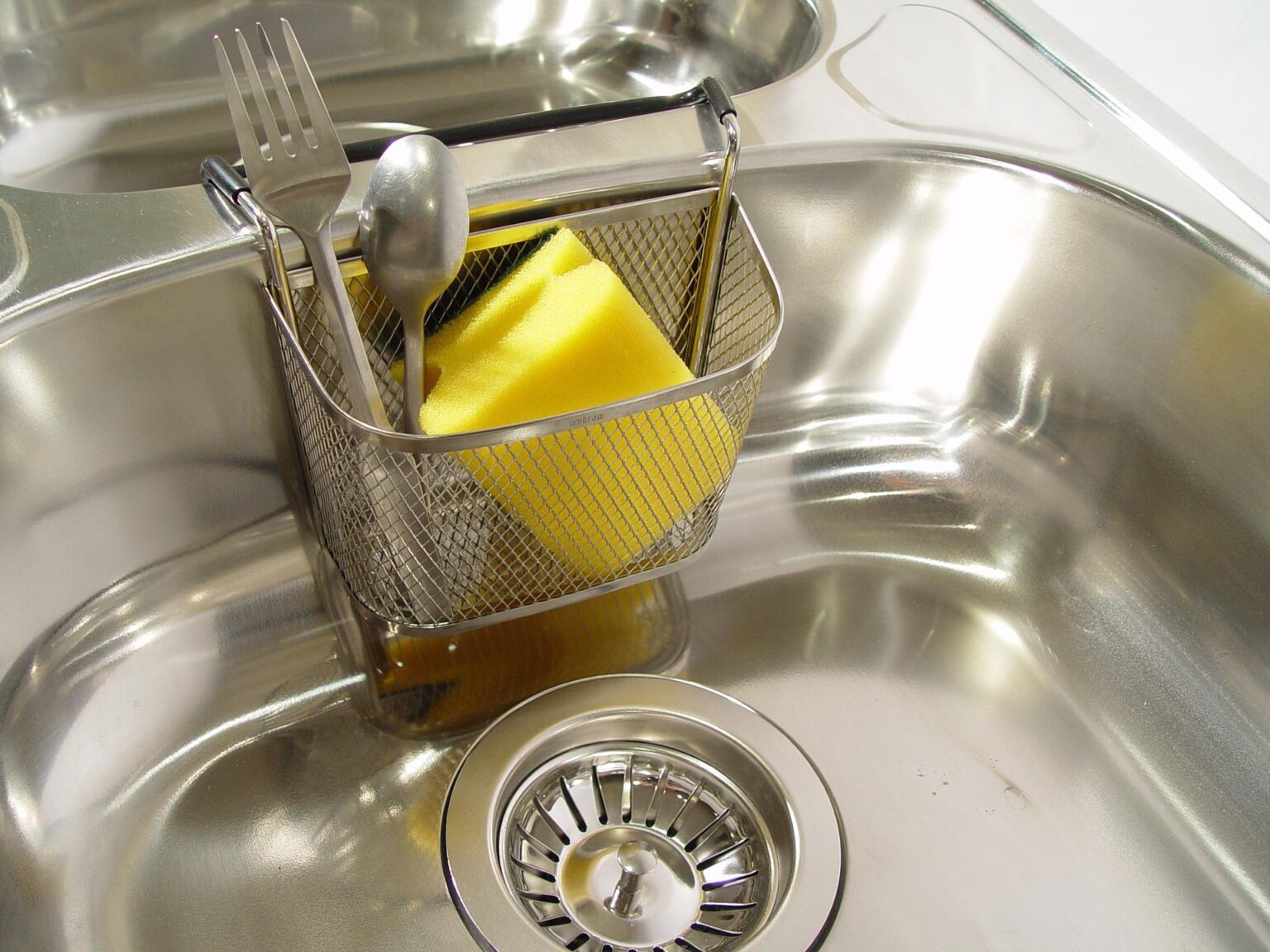
In addition to ventilation, the slope of the pipes in the kitchen sink also plays a crucial role in preventing gurgling and other plumbing issues. The pipes should be sloped at a slight angle towards the main sewer line, allowing water to flow smoothly and preventing any buildup or blockages.
If the pipes are not sloped correctly, water can become trapped in certain areas, leading to mold and bacteria growth, as well as unpleasant odors and potential clogs. This can also cause gurgling sounds as air becomes trapped in the stagnant water. Properly sloped pipes can also help to prevent leaks and other plumbing emergencies.
The Importance of Professional Installation
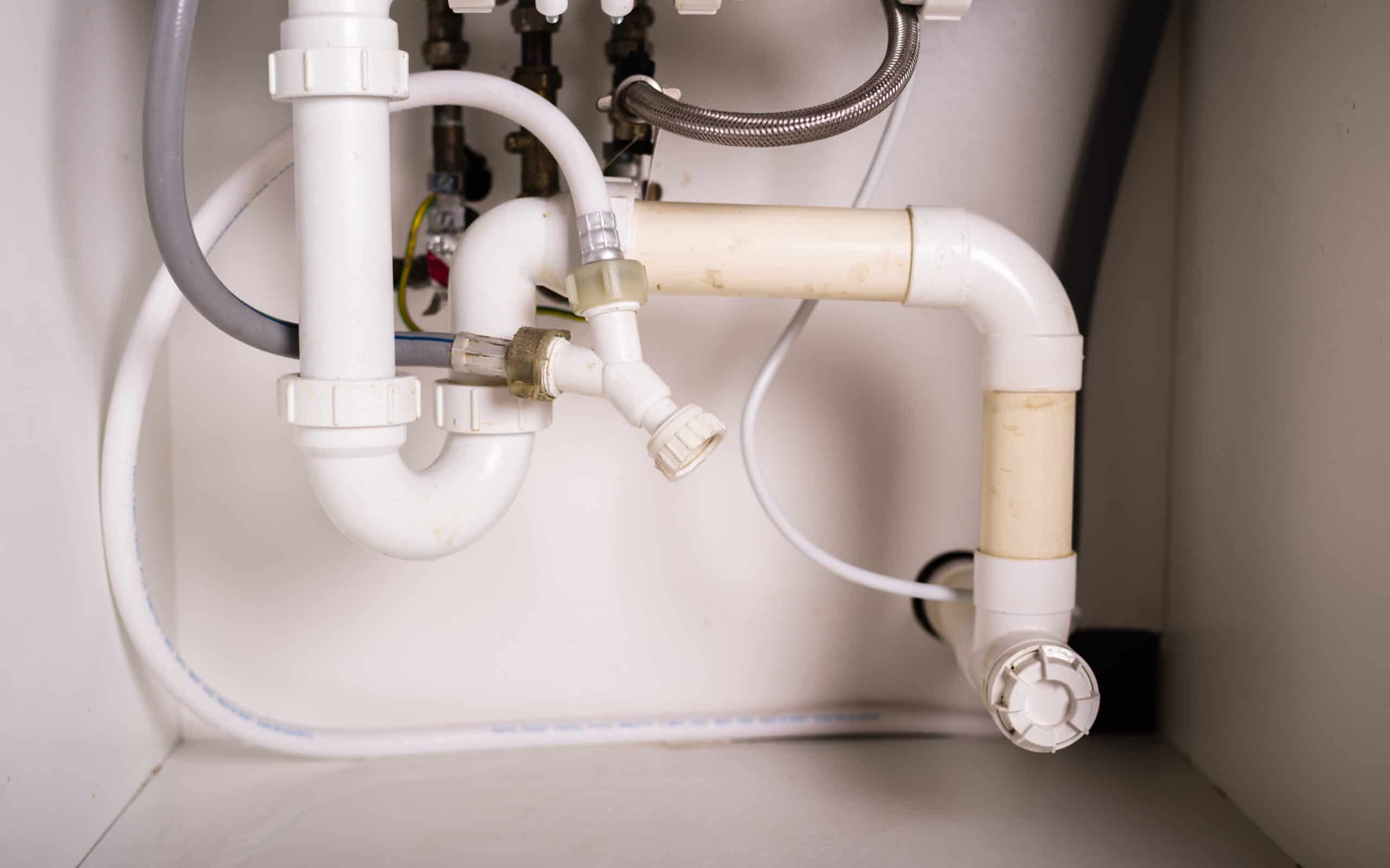
When it comes to plumbing, it is always best to hire a professional for installation and repairs. They have the knowledge and experience to ensure that all aspects of the plumbing system, including ventilation and slope, are properly installed and functioning correctly. A DIY installation may save money in the short term, but it can lead to costly repairs and potential health hazards in the long run.
In conclusion, proper plumbing is crucial in the design of a kitchen sink. The gurgling sound may seem like a minor annoyance, but it can be a sign of larger plumbing issues that can have serious consequences. By ensuring proper ventilation, correct slope, and professional installation, homeowners can avoid potential problems and enjoy a functional and efficient kitchen sink for years to come.
